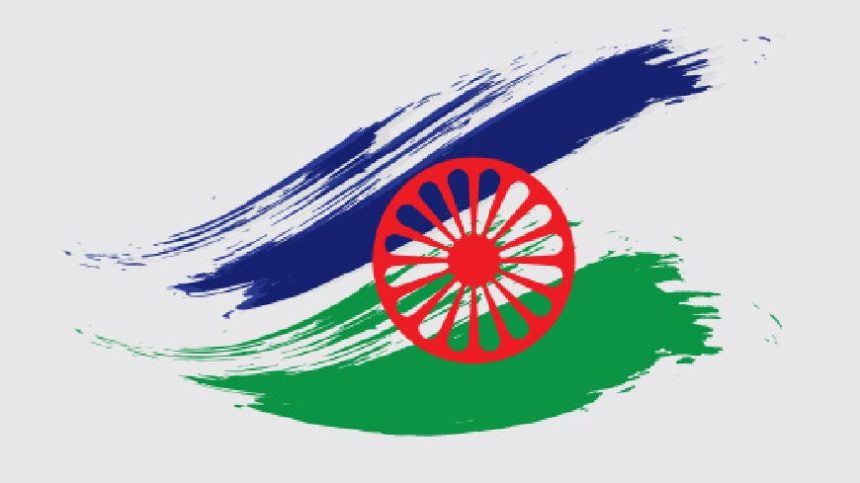Written by Anna Apergi Konstantinidis, Special Advisor Diversity Charter Greece
We often hear that Roma people don’t work because they “don’t want to,” “can’t,” or “don’t know.” This is a dangerous narrative that obscures the truth : the exclusion of Roma from work is systemic. It starts with education that keeps them marginalized, continues with a lack of access to training, and culminates in widespread suspicion and stereotyping.
How can a person apply for a job when in every interview, as soon as they learn his last name or see his place of origin, the door is closed on him before he even opens his mouth?
Inclusion is not charity, it is justice!
The discussion about the inclusion of Roma, (as well as any person belonging to more vulnerable social groups), should not focus on acts of charity. It should be about rights. Human and individual rights. The working Roma person has exactly the same right to decent work, stability, professional development and social security as any other working person. This requires not only legislative interventions but also a change of culture within businesses.
And at this point, tools such as the Diversity Charter for Greek Businesses, Organizations and Institutions , become crucial. The signing and implementation of the Charter is not just a symbolic act. It is a conscious commitment by everyone to diversity, equality and inclusion and, most importantly, a platform through which they can design, implement and evaluate policies that break down barriers and stereotypes for populations such as the Roma.
What can businesses do?
- Active Roma recruitment policies, with transparent criteria, without discrimination.
- Training of HR executives on intercultural issues and identifying prejudices and stereotypes.
- Adoption of mentoring programs for young Roma workers.
- Working with Roma communities to build bridges of trust and understanding.
- Participation in the Diversity Charter, as a practical tool to strengthen inclusion and anti-discrimination policies.
The Diversity Charter Greece acts as a bridge between good intentions and tangible action. It is a common ground to speak honestly and truthfully about exclusion and to plan together ways to overcome it, for every person who may belong to the pillars of Diversity: for women and femininity in general, for LGBTQ+ people, for people with disabilities or chronic illnesses and/or difficulties, for people with a migrant or refugee profile, and of course for the Roma who, until now, have rarely been included in these discussions.
Opportunity for all people without exception is an investment in the future!
We cannot talk about sustainable development, social progress and democracy if 10% of the country’s population remains excluded. Roma people have talents, knowledge, resilience and prospects. It is time to see this wealth as a resource and not as a “problem”.
Roma people are not asking for privileges. They are asking for equal treatment. .
So let’s make diversity a strength and let’s start together where inequalities are most visible: in the workplace!











